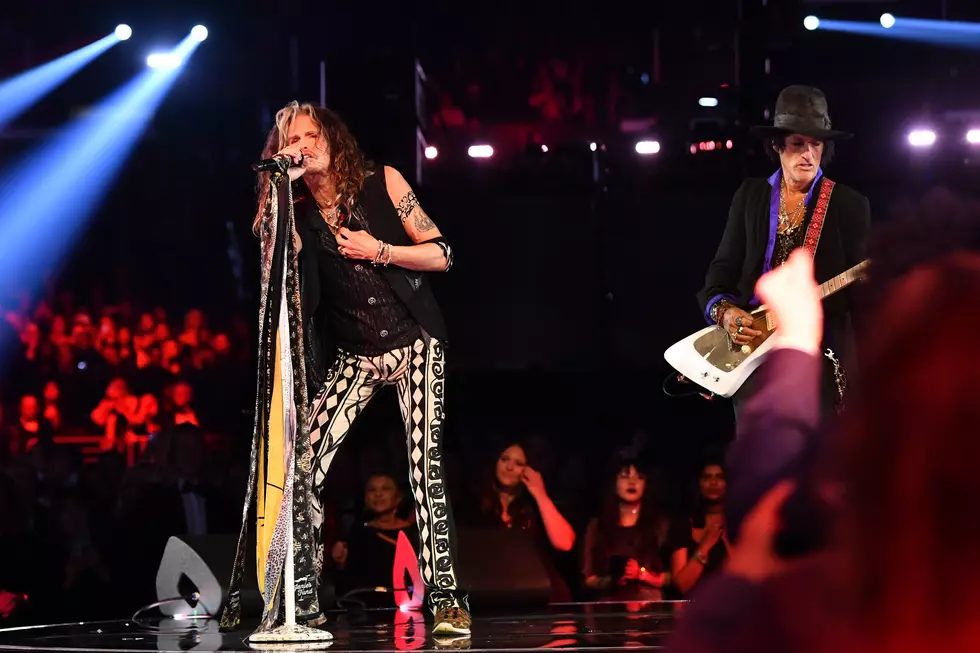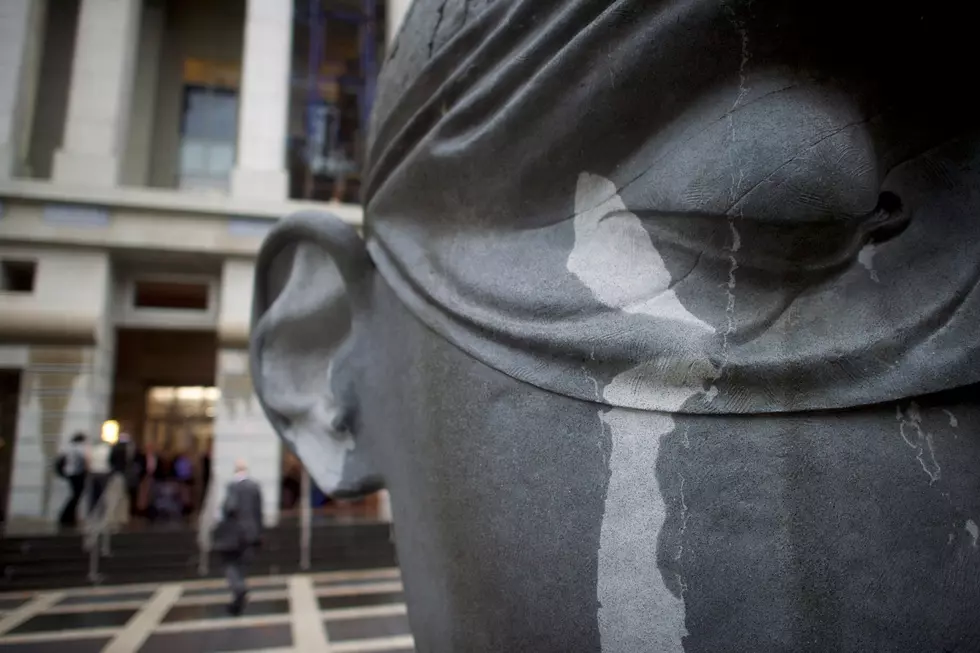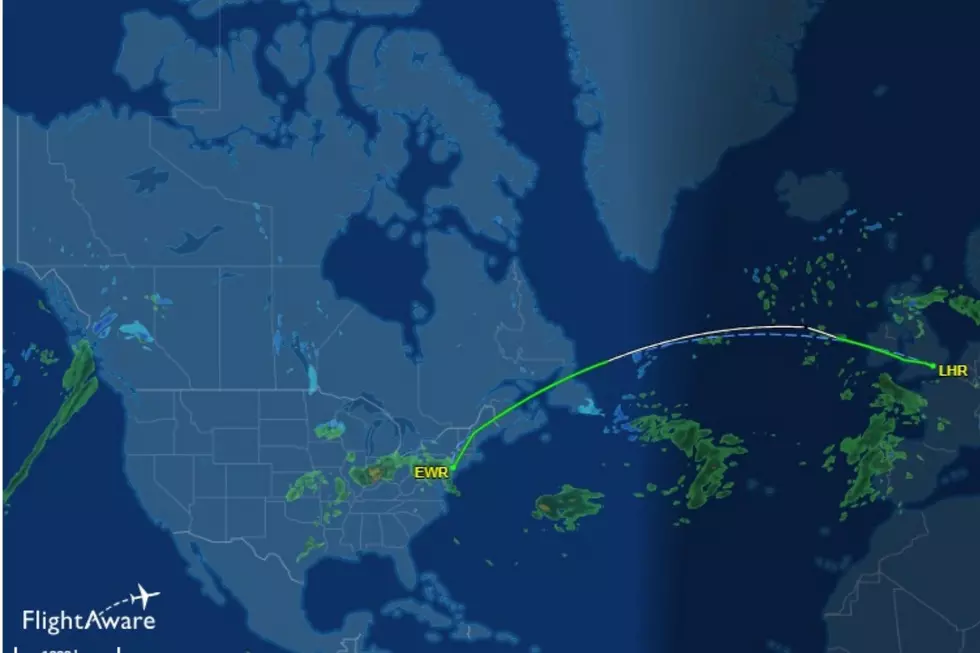
Justice Department and Newark agree to police reforms
Newark's police department will shift to a more community-focused approach to policing, add more training and submit to federal monitoring as part of a consent decree resulting from a Justice Department probe that found that officers routinely used excessive force and made street stops that disproportionately affected minorities.
U.S. Attorney Paul Fishman said Wednesday that he recommended to a judge that former New Jersey Attorney General Peter Harvey serve as the monitor over the department for the next five years. Harvey served as attorney general when New Jersey's state police department was under a federal consent decree over racial profiling.
The settlement agreement will require Newark police to revise policies and train on the use of force, stops and searches.
Newark police will also equip all patrol cars with video cameras and require most officers to wear body cameras.
"This decree will serve as a roadmap for reform in the city of Newark, and as a model for best police practices across the country," Fishman said.
The agreement also calls for a police civilian review board, which Newark's city council approved earlier this month.
The Justice Department's three-year investigation, released in July 2014, validated many allegations in a 2010 American Civil Liberties Union complaint that accused police of rampant misconduct, use of excessive force and lax internal oversight.
The investigation also found that over a three-and-a-half year period, 75 percent of pedestrian stops were made without constitutionally adequate reasons, often targeting people who were merely in high-crime areas.
Eighty-five percent of those stopped were black in a city where blacks make up 54 percent of the population.
Among requirements contained in the agreement, all officers will undergo eight hours of training on bias-free policing within six months, and at least four hours annually thereafter. The department also will track and analyze all interactions between police and civilians and note race, age and ethnicity and whether force was used.
The cost of monitoring will be borne by the city of Newark and will be capped at roughly $7.5 million over the course of the agreement, Fishman said.
Newark Mayor Ras Baraka said he was "not ecstatic" about the price tag, but said the cost could be balanced by fewer lawsuits against the police department for excessive force and other complaints.
The 2010 ACLU complaint to the Justice Department that preceded the federal investigation found New Jersey's largest city had paid out nearly $5 million in legal settlements over 2 1/2 years.
Newark Public Safety Director Anthony Ambrose said he welcomed the monitoring as an opportunity for a culture shift in the department.
"We don't view this as someone looking down our backs or over our shoulders," he said.
ACLU New Jersey Director Udi Ofer praised the agreement as "a historic moment in the long struggle for a fair, just and accountable police department in Newark."
Ofer added that some issues still concerned him, including that the agreement doesn't require public access to body camera recordings and that police officers will be allowed to review the recordings before they fill out a report.
(Copyright 2016 The Associated Press. All rights reserved. This material may not be published, broadcast, rewritten or redistributed.)
More From New Jersey 101.5 FM









